
NASA's AI astronaut will conquer Mars in the future (Illustration photo: BGR).
Faced with concerns about astronaut health in harsh conditions on Mars, NASA is considering a new direction for future exploration missions: using modern robots equipped with artificial intelligence (AI).
These special "explorers" do not need food, water, oxygen or radiation shielding, but can endure the harsh environment of Mars, build shelters, mine resources and prepare infrastructure before humans set foot on the Red Planet.
This vision is becoming a reality. NASA's Autonomous Systems and Operations Program has demonstrated the ability of AI to manage spacecraft, support crews, and enable autonomous operations even when there are delays in communications.
Using AI astronauts brings many benefits, especially cost savings and minimizing risks to humans during long and distant space travel.
However, this also raises profound philosophical questions about the role of humans in space exploration . If machines are the first "people" to set foot on Mars, what does that mean for humanity's dream of conquering the universe?
Space travel in the AI era
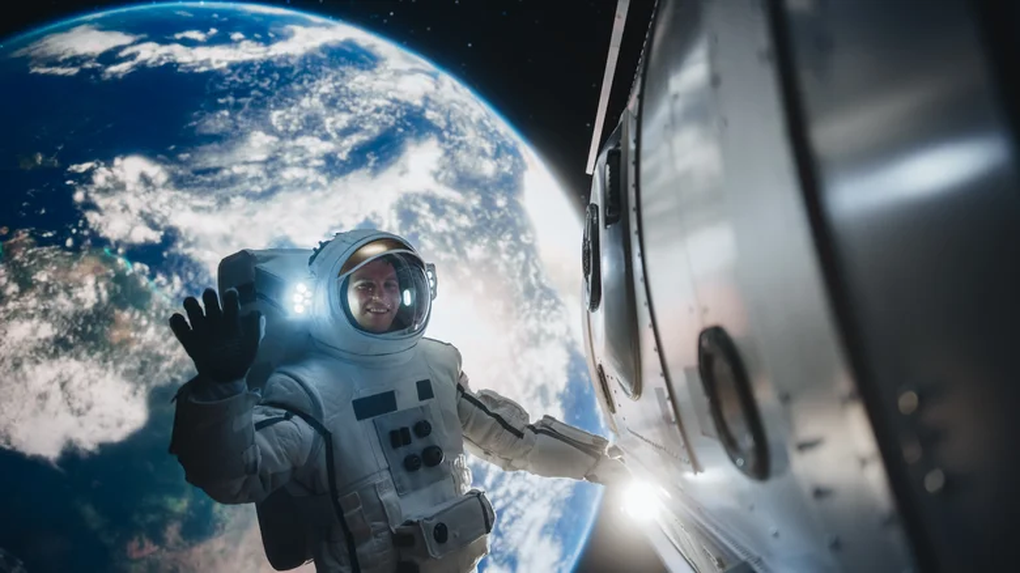
The goal of robots is not to replace humans (Illustration: BGR).
Pascal Lee, a planetary scientist at the Search for Extraterrestrial Intelligence (SETI) Institute and the Mars Institute, has spent decades studying the challenges of sending humans to the Red Planet.
He has directed Mars simulation missions in harsh environments on Earth, from the Arctic to high deserts, to better understand the dangers and complexities of a real expedition.
Mr. Lee believes that sending “artificial super astronauts” could be the most practical path to reaching Mars soon. These robotic explorers, enhanced with advanced AI, would be different from traditional rovers.
They can operate autonomously, make real-time decisions despite communication delays, and endure the harsh environments of the Red Planet without suffering exhaustion like humans.
At the Space Robotics Conference in July 2025, Mr. Lee emphasized that the goal is not to replace humans, but to accept that settling on Mars will be a centuries-long endeavor, with machines both pioneering and nurturing the dream of conquering Mars.
To make this idea a reality, NASA has deployed robotic programs ranging from the Valkyrie humanoid platform to experiments with AI assistants (like Astrobee on the International Space Station). The agency is also actively integrating AI into flight planning.
While the dream of a human footprint on Mars remains, the realistic path forward may involve “silicon pioneers” arriving first, preparing the ground for a human presence on the planet.
Redefining space exploration
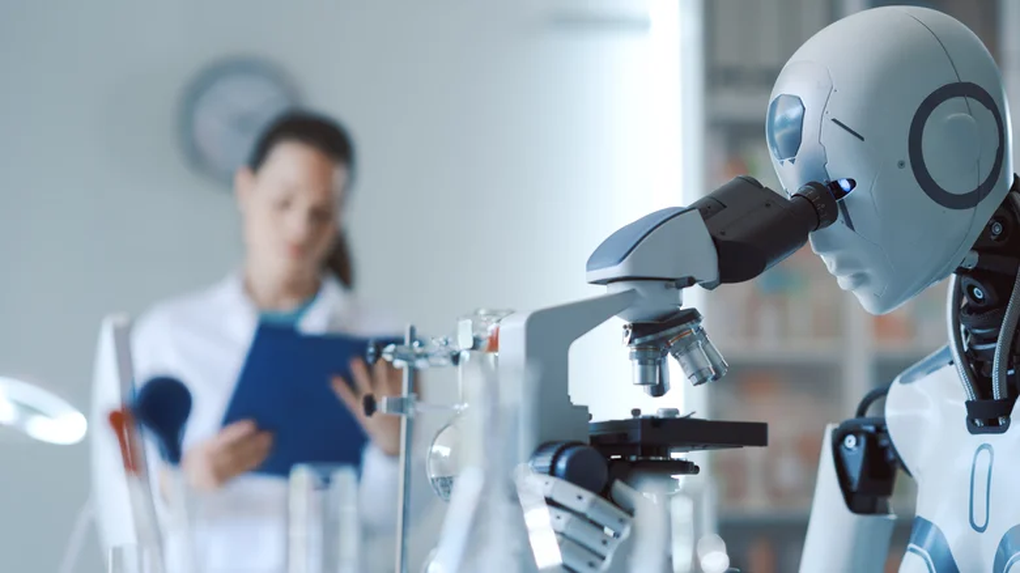
Robots do not replace, but become extensions of humans (Illustration: BGR).
The prospect of sending machines rather than humans to Mars challenges long-held assumptions about space exploration. For generations, the image of an astronaut planting a flag on a foreign land has symbolized human progress.
But as AI evolves, we need to reimagine our path to becoming a spacefaring civilization. Exploration is no longer just about human endurance, but about how we design and empower intelligent systems to act as extensions of ourselves.
Scientist Pascal Lee has interpreted this shift in profoundly human terms. He envisions robot explorers not as our replacements, but as our descendants.
They will be the "technological children" created by humanity to venture forward where we cannot safely go.
Just as parents send their children into the world with hope and trepidation, humanity can send AI astronauts to Mars with pride while still ensuring responsibility is fulfilled.
Their successes will reflect our ingenuity. Their struggles will reflect our limitations, and their presence on an alien world will keep the dream of a human Mars mission alive.
In this sense, the story of conquering Mars is not just a test of technology, but also a reflection of how we define exploration, the “gut” relationship (between humans and modern machines), and the future of humanity.
Source: https://dantri.com.vn/khoa-hoc/phi-hanh-gia-ai-cua-nasa-se-chinh-phuc-sao-hoa-nhu-the-nao-20251008010426553.htm






![[Photo] President Luong Cuong attends the 50th Anniversary of Laos National Day](/_next/image?url=https%3A%2F%2Fvphoto.vietnam.vn%2Fthumb%2F1200x675%2Fvietnam%2Fresource%2FIMAGE%2F2025%2F11%2F27%2F1764225638930_ndo_br_1-jpg.webp&w=3840&q=75)
![[Photo] Prime Minister Pham Minh Chinh chairs the 15th meeting of the Central Emulation and Reward Council](/_next/image?url=https%3A%2F%2Fvphoto.vietnam.vn%2Fthumb%2F1200x675%2Fvietnam%2Fresource%2FIMAGE%2F2025%2F11%2F27%2F1764245150205_dsc-1922-jpg.webp&w=3840&q=75)
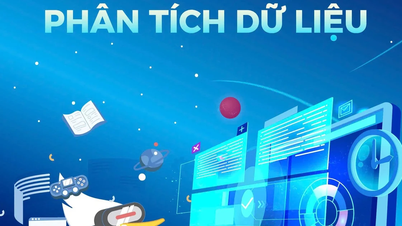




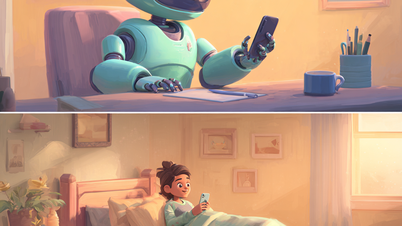





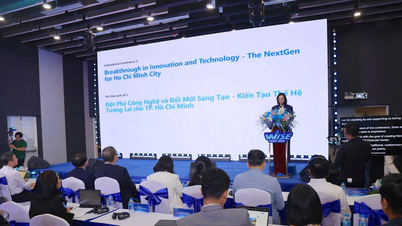

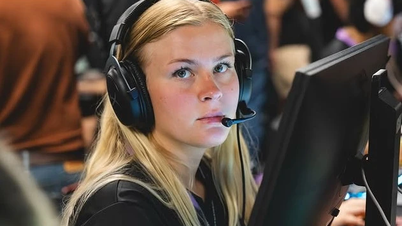

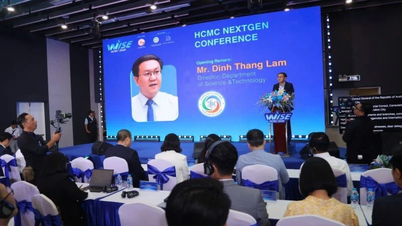

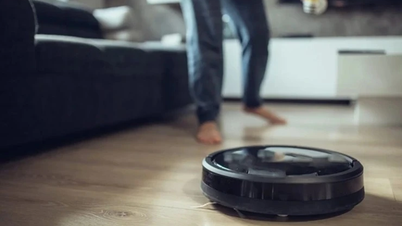








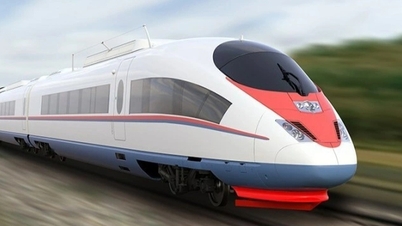








































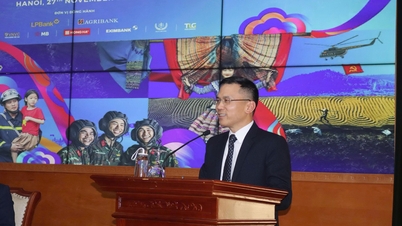

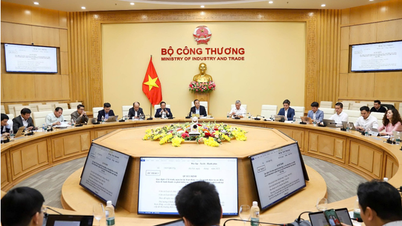







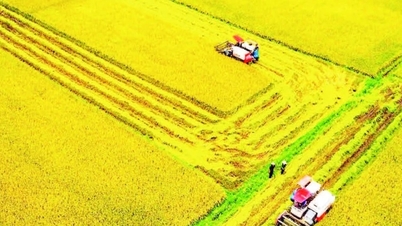


















Comment (0)